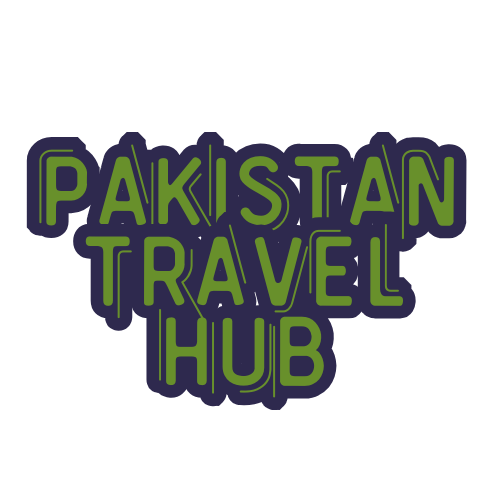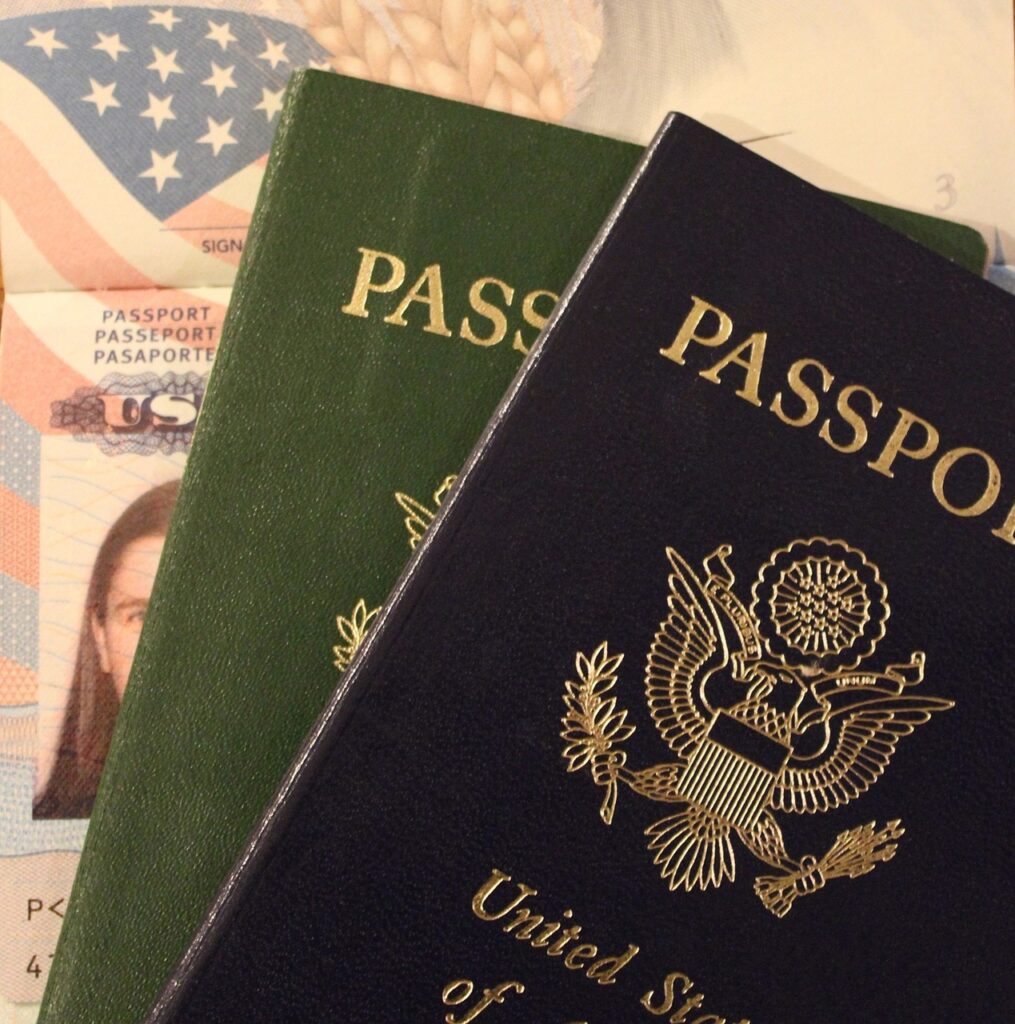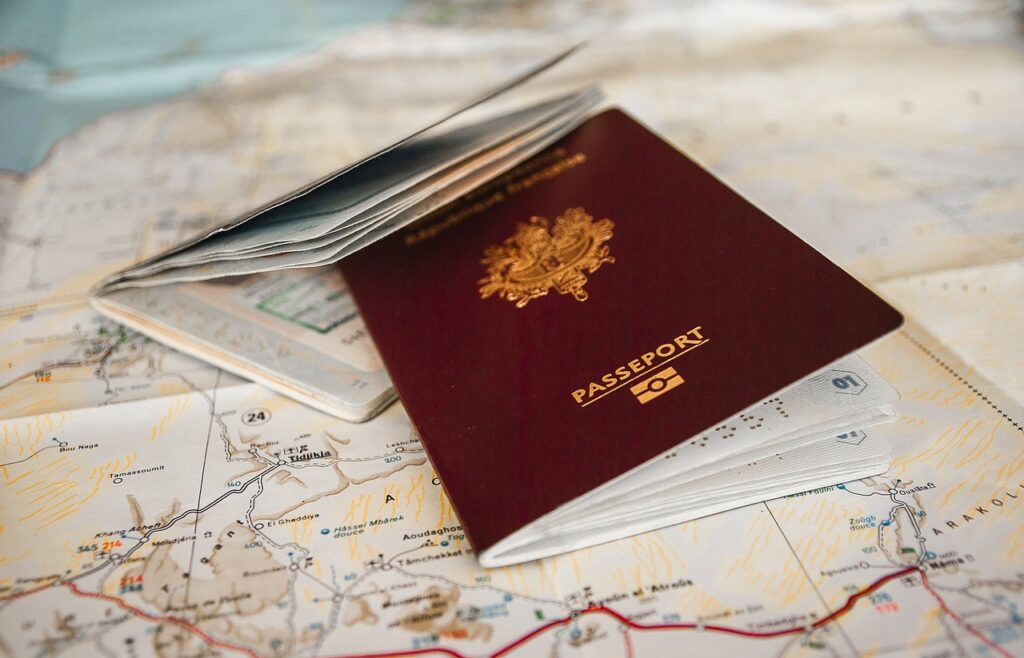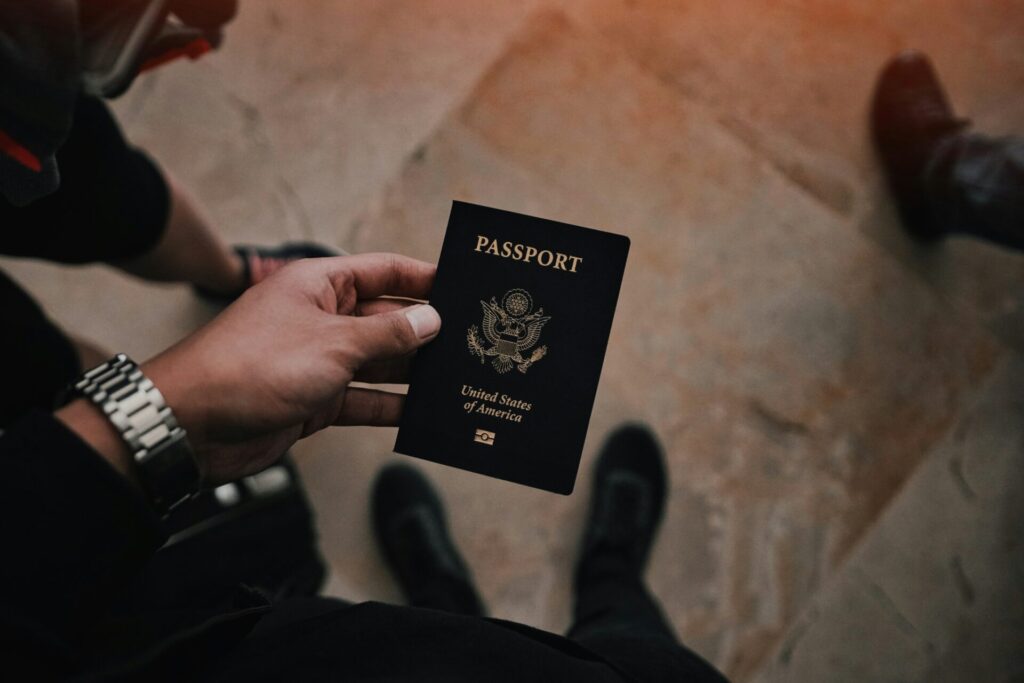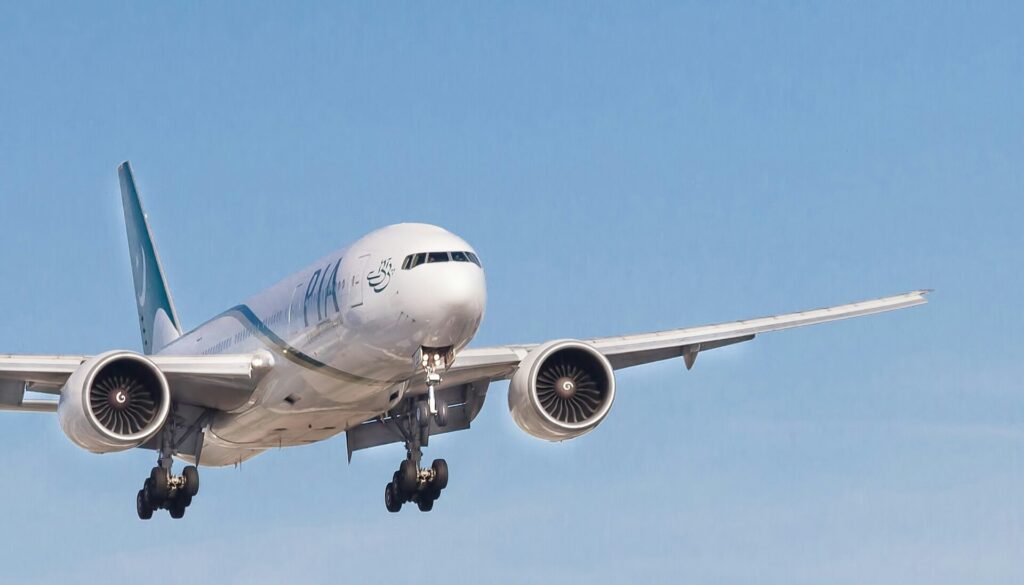Travel Info
It's Time to Start Your Adventures
Navigate your travel to Pakistan with ease. Use our guide for the latest traveller information about safety, visa requirements, immigration, money and much more.
Frequently asked questions
Yes, most visitors require a visa to enter Pakistan. However, Pakistan has recently made it easier for tourists by offering e-visa services to citizens of many countries. Check the official Pakistan visa website to confirm your eligibility, required documents, and application process.
The best time to visit depends on where you’re heading:
- Spring (March to May): Ideal for exploring cities and lowland areas such as Lahore, Karachi, and Islamabad.
- Summer (June to August): Perfect for escaping the heat by visiting northern destinations like Hunza, Swat, and Naran-Kaghan.
- Autumn (September to November): Offers pleasant weather across most of the country, particularly in the north, where fall colors are spectacular.
- Winter (December to February): Great for exploring cultural cities and enjoying snow activities in northern areas.
Yes, Pakistan is generally safe for tourists, and its security situation has significantly improved over the years. Like visiting any other country, it’s important to stay informed about specific areas, follow local advice, and plan your trip accordingly. Many travelers report feeling welcomed and safe, particularly in tourist-friendly regions such as Islamabad, Lahore, Hunza and Gilgit-Baltistan.
Urdu is the national language, but many people speak English, especially in urban areas and tourist destinations. Other popular languages include Punjabi, Pashto and Saraiki.
While traditional clothing is not required, it’s best to dress modestly out of respect for local culture. Both men and women are advised to avoid revealing clothing, particularly in rural or religious areas. Loose-fitting clothing is also practical for staying comfortable in warmer climates.
The national currency is the Pakistani Rupee (PKR). While credit cards are accepted at hotels, restaurants, and major stores in urban areas, cash is still the preferred method of payment in most places, especially in rural areas. It’s a good idea to keep cash on hand for purchases, street food, shopping in smaller shops or transportation.
Yes, it’s helpful to know these cultural norms:
- Always greet people politely; a simple “Assalamu Alaikum” (peace be upon you) is customary.
- Remove your shoes before entering someone’s home or a mosque.
- Physical contact between men and women is avoided in public, so be mindful of this while interacting.
- Please remember that Pakistan is a Muslim country and modesty is expected in your dress and manners.
- Be respectful of prayer times and religious holidays.
You can easily get a local SIM card from telecom companies like Jazz, Telenor, or Zong, typically available at airports or authorized retailers. Many major cities also offer reliable Wi-Fi at hotels, coffee shops, and restaurants.
It is strongly advised for women to have a male chaperone with them.
Stick to bottled water and eat freshly cooked foods from reputable places to avoid illness. While Pakistani cuisine is delicious, taking precautions can ensure you stay healthy throughout your trip.
